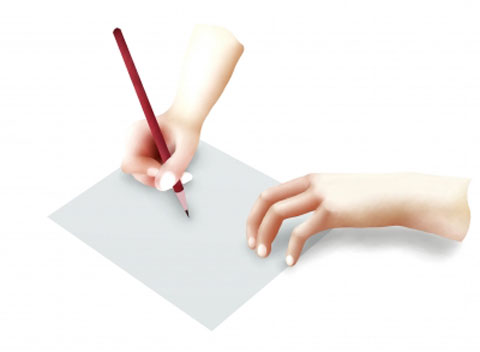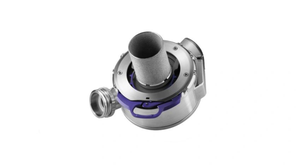The Medical Device Manufacturers Association petitions House Committee to think better of passing H.R. 9, The Innovation Act.
April 15, 2015

Marie Thibault
The Medical Device Manufacturers Association (MDMA) continues to voice its opposition to patent reform legislation being considered in the House of Representatives. The Innovation Act, H.R. 9, has drawn criticism from the trade group before, but this time, MDMA has set out its concerns in a letter.
Patent reform is being considered by legislators in order to reduce abusive practices by patent trolls, entities that build up patent portfolios for the purpose of bringing litigation against alleged infringers, not for creating products with those patents.
Mark Leahey, president and chief executive officer of MDMA, wrote a letter to legislators Bob Goodlatte (R–VA), chairman of the House Committee on the Judiciary and introducer of the legislation, and John Conyers (D–MI), ranking member of the Committee. In it, he argues that The Innovation Act overreaches, writing that "the provisions in H.R. 9 that purport to target only abusive patent practices are so broadly drafted that they would make the defense of legitimate intellectual property from infringement more costly and burdensome, and discriminate against innovation models such as those who develop technologies and license them to larger players for distribution purposes."
Leahey notes that he is looking out for smaller patent holders and startups. He detailed MDMA's five major points of contention with The Innovation Act: 1) Fee shifting that goes too far; 2) Customer stay language that is too broad; 3) An increase in pleadings requirements and discovery limits that could become burdensome; 4) Language that does not prevent challengers of a patent from repeatedly raising new arguments later; 5) Lack of any legislation to permanently stop the diversion of patent fees away from the US Patent and Trademark Office (USPTO).
The U.S. House of Representatives Committee on the Judiciary held a hearing Tuesday on The Innovation Act. Speakers included representatives from the pharma, biotech, and tech industries, as well as Michelle Lee, director of the USPTO.
The Innovation Act sets out a "loser pays" standard for court fees that MDMA argues would put small patent holders and young companies at a disadvantage. "Faced with the prospect of having to cover the legal expenses of large companies, start-up companies with limited capital either will not bring otherwise meritorious cases against infringers of their patents or will be forced into early settlements when defending against alleged infringement," Leahey wrote. MDMA wants to see a more balanced approach, and acknowledges that fee shifting makes sense if "a party acted in bad faith or was unreasonable." In addition, Leahey believes joinder language in the legislation may put device venture capitalists at risk because they may become liable for fees and this could lead investors to flee the sector.
Leahey urges the legislators to get rid of or restrict customer stay language in The Innovation Act so that it does not unintentionally give direct infringers a defense. In addition, MDMA believes that language is required to prevent patent challengers from saving arguments during the post-grant review process only to bring them up later, drawing out costly proceedings and giving challengers more chances to win.
Another MDMA complaint is that the proposed legislation would implement a higher bar for pleading requirements and discovery limits that may make it harder for smaller patentees to bring a legitimate claim. Leahey also points out that the Judicial Conference of the United States has already made reforms that should address the issue of inappropriate discovery requests and pleadings.
Finally, MDMA wants any patent reform legislation to ensure that patent fees are no longer diverted from the USPTO. Leahey points out that the over $1 billion in fee diversions over the last 20 years have resulted in more than 600,000 unexamined patent applications. "The most effective action that can be taken to improve patent quality is to allow the USPTO to retain its revenues to allow it to improve the examination process, hire more and better-qualified examiners, increase examiner training, and upgrade the USPTO's IT infrastructure," Leahey wrote.
In early March, MDMA threw its support behind The Support Technology and Research for Our Nation's Growth (STRONG) Patents Act of 2015. That legislation, introduced in the Senate, aims to target patent abuse in the form of demand letters and pleading standards, as well as to curb fee diversion from the USPTO by creating a new USPTO revolving fund in the U.S. Treasury.
Stay on top of the latest trends in medtech by attending the MD&M East Conference, June 9–11, 2015, in New York City. |
Marie Thibault is the associate editor at MD+DI. Reach her at [email protected] and on Twitter @medtechmarie.
[Image courtesy of IAMNEE/FREEDIGITALPHOTOS.NET]
About the Author(s)
You May Also Like


